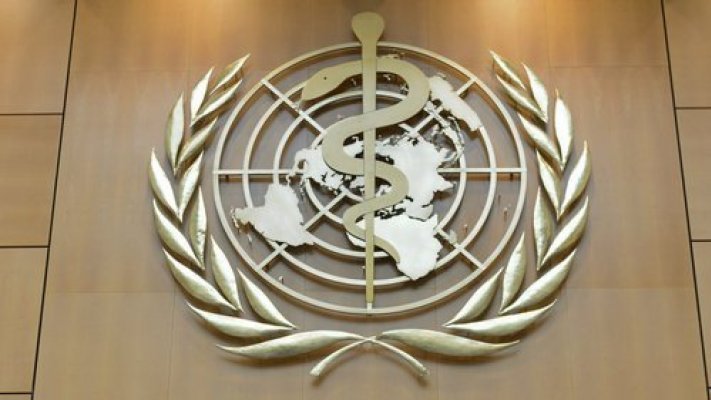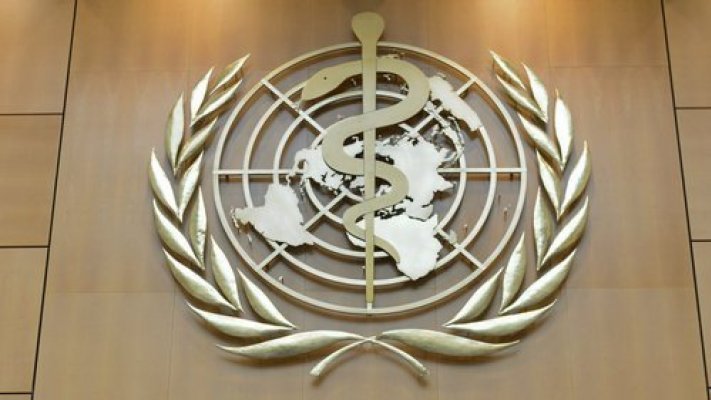
The World Health Organization's Emergency Committee is meeting today to assess the outbreak of monkeypox virus (Mpox), formerly known as “monkeypox”, in several African countries.
The WHO meeting is taking place in Geneva, a day after the Africa Centres for Disease Control and Prevention (CDC Africa) declared a “public health emergency” over the Mpox virus outbreak on the continent.
The meeting was called by WHO Director-General Tedros Adhanom Ghebreyesus following the resurgence of smallpox this year.
A new strain (“clade 1b”) was detected in the Democratic Republic of the Congo (DRCongo) in September 2023 and was subsequently reported in several neighbouring countries.
This strain “causes more severe disease than category 2,” according to the WHO official.
Smallpox is a viral disease that spreads from animals to humans, but it is also transmitted through close physical contact with a person infected with the virus.
Since January 2022, 38,465 cases have been recorded in 16 African countries, with 1,456 deaths, including a 160% increase in cases in 2024 compared to the previous year, according to data published last week by the Africa Centers for Disease Control and Prevention.
Smallpox was first discovered in humans in 1970, in the present-day Republic of the Congo (formerly Zaire), with the Clade I subtype (of which the new variant is a mutation), which has since been confined mainly to western and central African countries, where patients are usually infected by infected animals.
In 2022, a global epidemic of subtype 2 spread to a hundred countries where the disease was not endemic, mainly affecting gay and bisexual men.
The World Health Organization declared a high alert in July 2022 in response to this global outbreak, but lifted it less than a year later, in May 2023. The pandemic has killed about 140 people out of a total of 90,000 cases.

“Wannabe internet buff. Future teen idol. Hardcore zombie guru. Gamer. Avid creator. Entrepreneur. Bacon ninja.”

